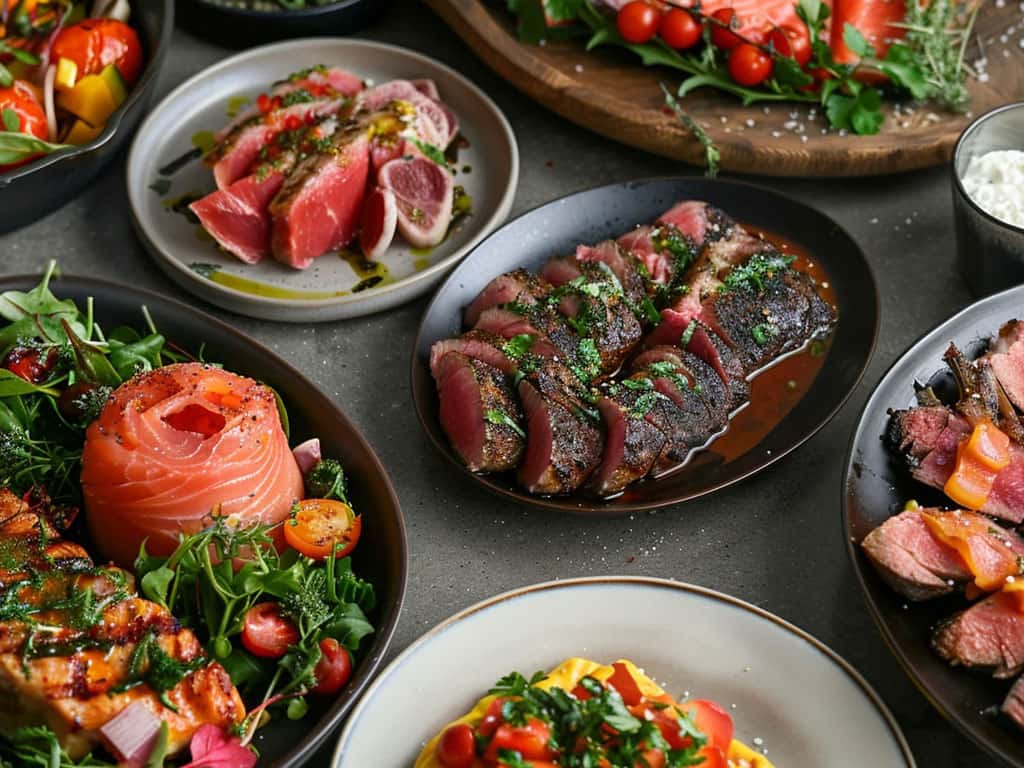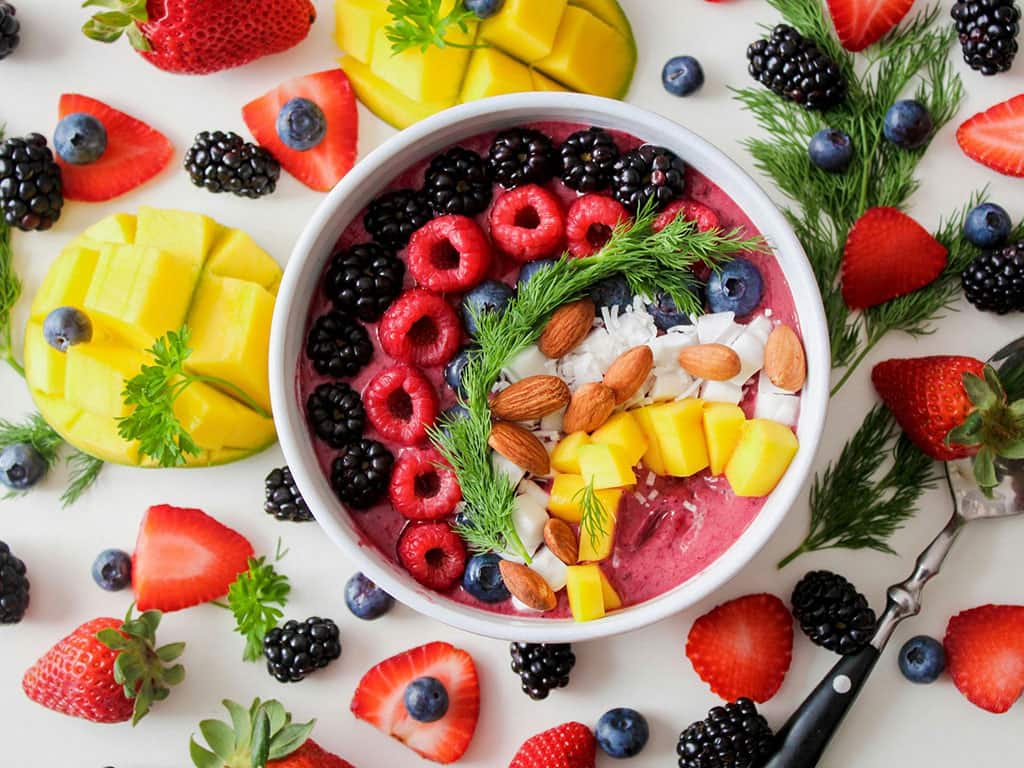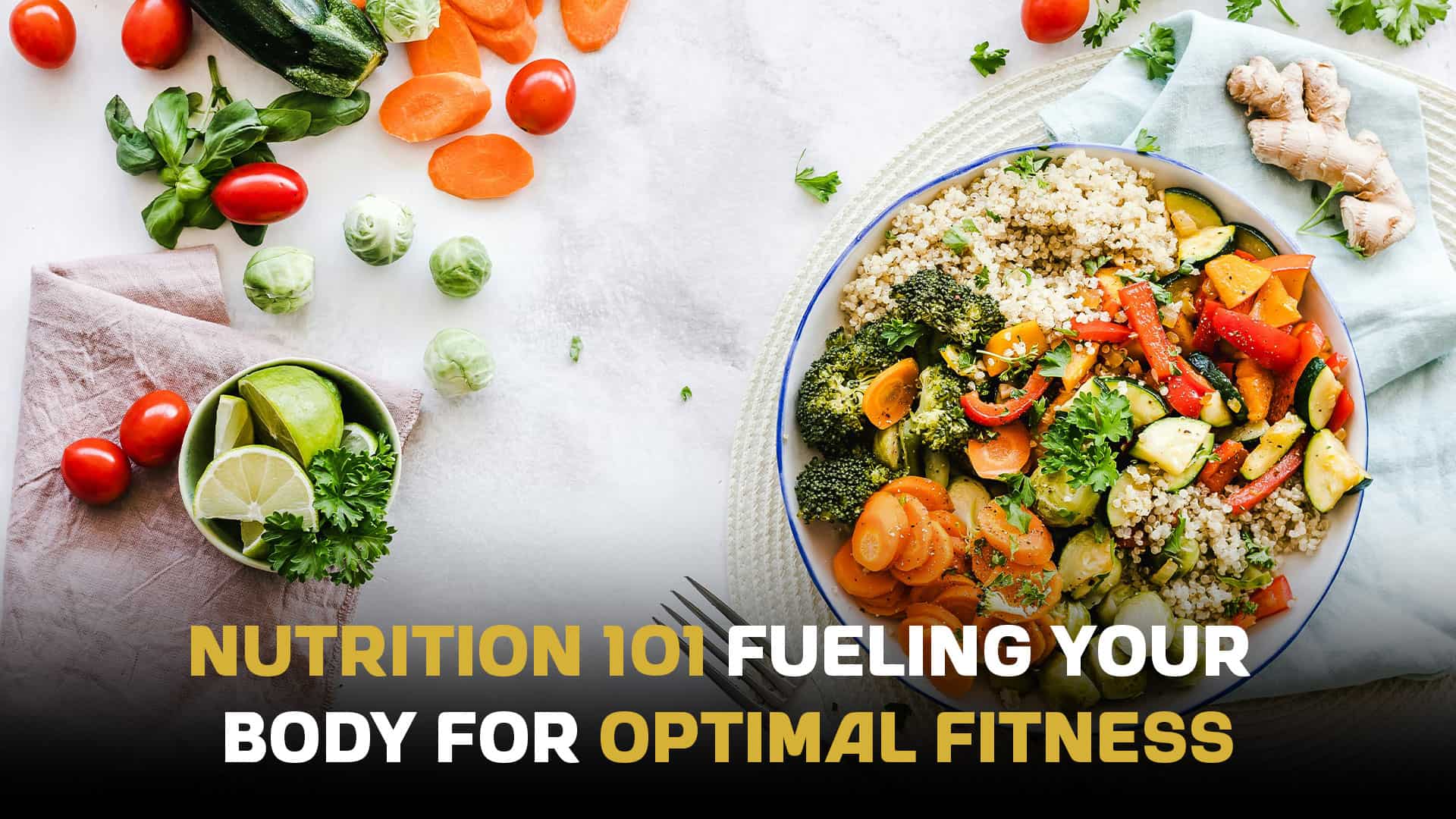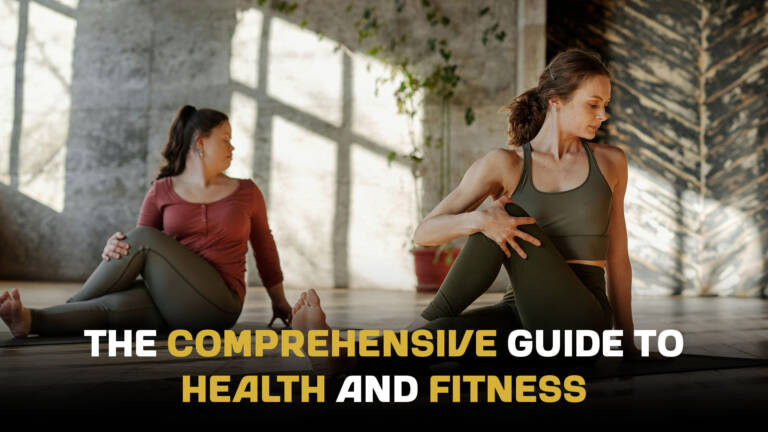So, you’ve got your workout playlist on repeat, your gym gear is ready, and you’re hyped to crush your fitness goals. But wait—before you lift that dumbbell or hit the treadmill, have you thought about what’s fueling your body? Yep, we’re talking about nutrition. Because guess what? Your gains don’t just happen in the gym; they start in the kitchen.
Basics of Macronutrients: Proteins, Carbohydrates, and Fats

Alright, let’s kick off with the basics—macronutrients. These are the big three that your body needs in large amounts: proteins, carbohydrates, and fats. Think of them as the building blocks of your fitness regime.
Proteins are like your body’s repair crew. After you crush that workout, your muscles are like, “Help! We need to rebuild!” That’s where protein steps in. It helps repair and grow muscle tissues, making you stronger, faster, and more resilient. Sources? Think chicken breast, eggs, beans, and even tofu if you’re plant-based.
Next up, carbohydrates—your body’s main energy source. Do you know how your phone needs a charged battery to function? Carbs are like that battery for your body. They fuel your workouts, giving you the energy to keep pushing through that last set or sprint. And no, carbs aren’t the enemy. Choose the good ones like whole grains, fruits, and veggies, and you’ll be golden.
And finally, fats. Yes, you need fats, and no, they won’t make you fat if you choose the right kinds. Fats help with hormone production, joint lubrication, and absorbing vitamins. Think of them as the bodyguard for your cells. Healthy fats like avocados, nuts, and olive oil keep your body running smoothly, so don’t skip them.
Importance of Micronutrients: Vitamins and Minerals

Now that we’ve covered the big guns, let’s talk about the little guys—micronutrients. Vitamins and minerals might be small, but they pack a punch to your overall health and fitness.
Vitamins are essential for your body’s metabolic processes. Vitamin C, for example, is a powerhouse for your immune system, while B vitamins help convert food into energy. Missing out on these? Your body might not perform at its best, and you could feel sluggish or more likely get sick.
Minerals are just as crucial. Ever had a muscle cramp mid-workout? You might be low on magnesium or potassium. Minerals like calcium, magnesium, and iron support everything from bone health to oxygen transport in your blood.
So, where do you get these mighty micros? A colorful plate is your best bet. Load up on leafy greens, berries, nuts, and seeds. And if you’re wondering whether you need a supplement, remember that whole foods are your MVPs, but supplements can fill in the gaps if necessary.
Meal Planning for Fitness Enthusiasts
Let’s be real—abs are made in the kitchen. But meal planning isn’t just about counting calories or cutting out your favorite foods; it’s about giving your body what it needs when it needs it.
Start by figuring out your fitness goals. Are you looking to build muscle, lose fat, or just stay healthy? Your goals will dictate your macronutrient ratios—more protein for muscle gain, more carbs for endurance, etc.
Pre-workout meals are key. You want something that digests easily but gives you sustained energy—think a banana with peanut butter or a slice of whole-grain toast with avocado. It’s all about that carb-protein balance to fuel your workout.
Post-workout meals are your recovery squad. After sweating it out, your body is in repair mode and needs nutrients fast. A protein shake with a scoop of whey or a bowl of quinoa with grilled chicken can help replenish glycogen stores and start the muscle recovery process.
Don’t forget snacks. A handful of nuts, Greek yogurt, or a protein bar can keep your energy levels steady throughout the day.
The key to meal planning is balance and consistency. Meal prepping on weekends can save you from midweek chaos and keep you on track with your nutrition goals. Plus, it’s a lot easier to say no to junk food when you’ve got a killer meal waiting for you in the fridge.
Hydration and Its Role in Performance

Last but not least—hydration. If you think water is boring, it’s time to rethink. Hydration is a game-changer for your fitness performance.
Water makes up about 60% of your body weight, and it plays a vital role in everything from temperature regulation to joint lubrication. Dehydration can seriously mess with your performance—think headaches, fatigue, and even dizziness.
How much should you drink? A good rule of thumb is about 8 cups a day, but if you’re working out hard, you’ll need more. Sports drinks can be helpful if you’re doing endurance activities and need to replace electrolytes, but for most people, good old H2O does the trick.
Here’s a pro tip: drink water consistently throughout the day. Don’t just chug a gallon right before your workout. Keep a water bottle with you and take sips regularly. Your body will thank you for performing at its peak.
Also, pay attention to your post-workout hydration. You lose a lot of fluids through sweat, so it’s crucial to replenish them. A glass of water or a low-sugar electrolyte drink should do the job.
One last thing—listen to your body. Nutrition isn’t a one-size-fits-all deal. Some days, your body might crave more carbs; other days, you might need more protein. Tuning into these signals can make all the difference in your fitness journey. Feeling sluggish? Maybe you need to up your carb intake. Experiencing muscle soreness? Time to focus on protein and recovery foods.
Remember, your body is your best guide—feed it well, stay consistent, and watch how it responds with the energy, strength, and resilience you need to smash your goals.
Also, don’t forget to give yourself some grace. Progress takes time, and nutrition is about creating sustainable habits. Enjoy the journey, experiment with different foods, and celebrate your every win.



1 Comment